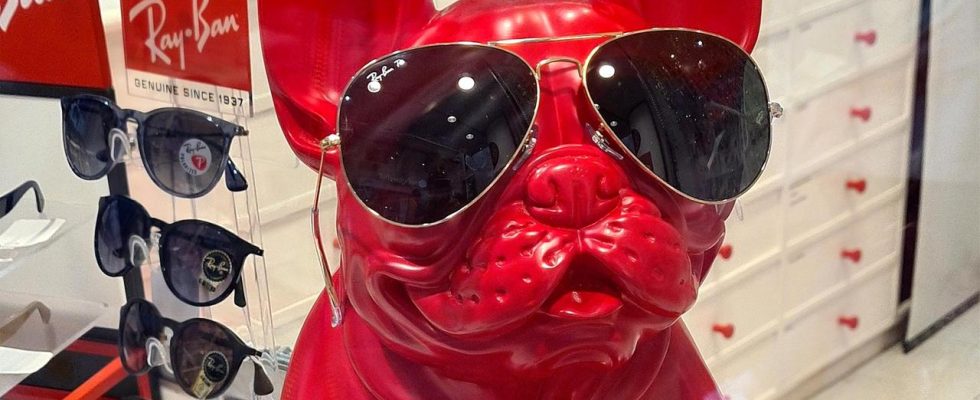The world’s largest luxury eyewear manufacturer, EssilorLuxottica, is introducing a four-day week at its factories in Italy. In the future, employees will have 20 weeks a year off from Friday to Sunday.
The French-Italian eyewear manufacturer EssilorLuxottica is known for its brands such as Ray-Ban, Armani, Chanel, Prada and Persol. Now the company is making a name for itself across industry boundaries as a pioneer of a currently much-discussed working time model: EssilorLuxottica (EssiLux) has signed an agreement with the unions to introduce the four-day week in its factories in Italy.
For a total of 20 weeks of the year, you can now only work voluntarily from Monday to Thursday – but each day is a little longer than usual. Friday to Sunday are free all day. The five-day week continues to apply the rest of the year. The test phase is initially scheduled to last three years; participation is on a voluntary basis.
Salary and working hours remain the same
The aim is to make jobs more attractive with the new model. It is expected that around 20,000 employees will take part in the various Italian branches. Salaries and total weekly working hours remain unchanged.
The EssiLux example shows: A four-day week does not automatically mean working less; With the variant chosen by EssiLux, the working hours are just distributed differently than with a five-day week. But there is another way. Another variation of the four-day week looks like this: the same work in less time.
Four-day-week project starts with 45 companies
45 companies and organizations in Germany have decided on this type of four-day week and will be introducing a four-day week on a project-by-project basis in the coming months. Starting in February, companies should try out the four-day week for six months – based on the model of 100 percent performance in 80 percent of the time with 100 percent pay. This was announced by the initiator of the campaign, the management consultancy Intraprenör.
The companies can then rely on experts within the project period, learn new methods and exchange ideas with the other participating employers. The University of Münster is responsible for the scientific evaluation.
The names of the participants were not disclosed. 30 percent of them are based in North Rhine-Westphalia, 17 percent in Baden-Württemberg and 16 percent in Bavaria. Six percent of the participants are based in the popular start-up location Berlin. Most participating organizations are mostly small companies with nine to 48 employees (54 percent). 14 percent of participants are large companies with more than 249 employees.

